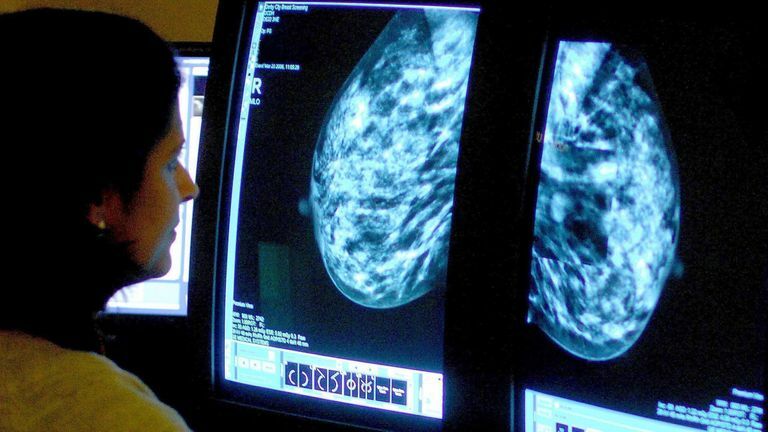Cancer care compromised by staff shortages, radiology leaders warn NHS

Cancer patients are experiencing increasing delays and compromised care within the NHS due to staff shortages, according to radiology leaders. The Royal College of Radiologists (RCR) surveyed all 60 directors of UK cancer centres and found that 95% believed staff shortages were causing longer waiting times for appointments and treatment delays. In 97% of centres, patient treatment had been postponed due to staff shortages over the past year, with around half experiencing delays almost every month. Furthermore, 88% of cancer specialists expressed concern that shortages were compromising patient care.
The RCR described the situation as a “ticking time bomb,” as delays can be harmful to patients, with every month of delay increasing the risk of death by 10%. Doctors are faced with difficult decisions regarding patient prioritisation. This “serious situation” has led some hospitals to consider limiting access to new chemotherapy treatments and transferring patients between hospitals.
Dr Tom Roques, vice chair of clinical oncology at the RCR, emphasised that recruitment and retention are crucial to addressing the crisis. He told Sky News, “Our major concern at the moment is that patients are not being diagnosed with cancer and other serious conditions quickly enough and they’re not getting their treatment quickly enough.” He attributed the problem to years of underfunding of the cancer workforce, resulting in insufficient medical school places and training positions.
Dr Roques also highlighted the issue of young doctors leaving the UK to work overseas and experienced doctors retiring early. He suggested that addressing conditions of work and pay could help retain doctors.
Early diagnosis can significantly impact patient outcomes. For example, Bryony, who was diagnosed with pancreatic cancer in 2019, believes that an earlier diagnosis could have prevented the cancer from spreading to her lymph nodes. She told Sky News, “I think I saw eight different GPS. I didn’t see one person consistently. I was tested for celiac, anaemia, thyroid, I do wonder whether if I had seen one doctor consistently over those five years, maybe the dots would have been joined.”
The government responded to the situation, stating, “There are more doctors, nurses and staff working in the NHS than ever before. The NHS is also seeing, treating and saving record numbers of people with cancer but we know there is more to do.”
Starting in July, the NHS announced that tens of thousands of patients will receive faster diagnosis and treatment for skin cancer through a new process involving high-spec images of spots, moles, or lesions on the skin. This “simple” technology aims to enable specialist dermatologists to double the number of patients they can see in a day.
Latest Thailand News
Follow The Thaiger on Google News:


























